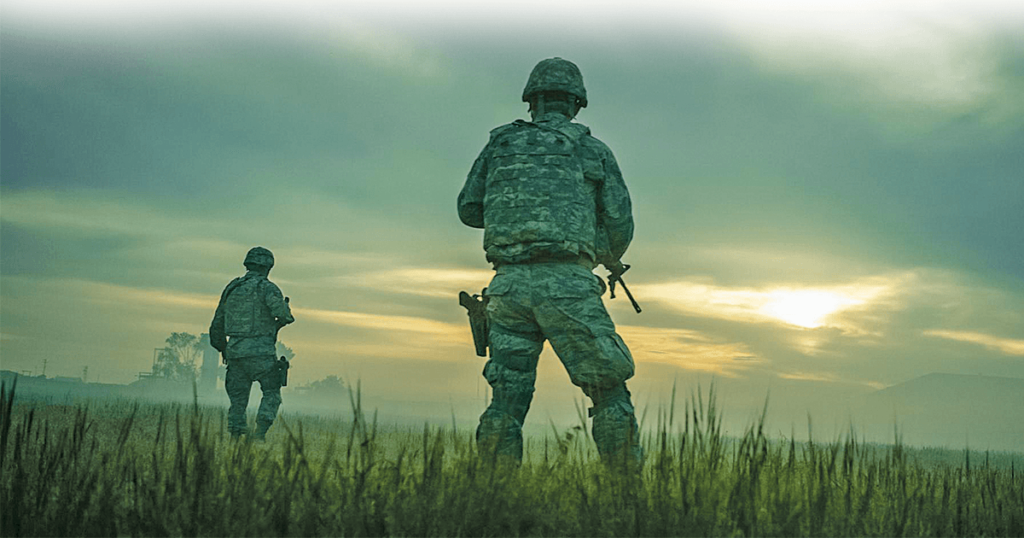

Richard Fomo
After more than 20 years of active service as a U.S. Army officer, Andrew J. Bacevich taught history and international relations at Boston University, where he is now an emeritus professor. His new book, Twilight of the American Century, examines the ambitions and failures of America’s foreign policy. We asked him to consider the future of the U.S. military in an era of permanent war.
1. The success of Operation Desert Storm back in 1991 found America’s military in a mood to reap accolades. Politicians and press alike agreed that U.S. forces were easily the world’s best, and likely the best ever. A U.S. Army field manual published soon afterward translated these plaudits into specific expectations. “Victory is the objective no matter what the mission,” it stated. “Nothing short of victory is acceptable.” But in the years since, real victory has been elusive. Conflicts drag on endlessly, and neither soldiers nor civilians seem troubled by the lack of conclusive results or by the costs sustained. Can the U.S. military recover its ability to win? Or is it possible that its reputation for excellence, dating from Desert Storm to today, no longer applies?
2. During the 1968 presidential campaign, Richard Nixon vowed, if elected, to end conscription. He won and made good on that promise. Soon the draft was gone, and with it, the tradition of the citizen soldier, replaced by what the Founders had once disparagingly referred to as a “standing army.” Nixon calculated that eliminating the prospect of involuntary military service might reduce opposition to the ongoing and deeply unpopular Vietnam War. He did not calculate—and arguably cared little about—the implications of dismantling the military system that had formed one of the foundations of the Republic.
Today, those implications have become clear, among them the gap that now divides the American people from America’s armed forces. Sunday afternoon rituals honoring the troops cannot conceal the fact that in a nation permanently at war, one percent do the fighting and dying while the other 99 percent remain comfortably on the sidelines. How long will this affront to democratic principles elude notice? When will Americans realize that “supporting the troops” should entail something more than applause?
3. The individuals who rise to the top of the military hierarchy are an impressive lot. Anyone with a three- or four-star rank is seasoned, smart, able, articulate, well-groomed, and bureaucratically adept. Yet the military profession requires something more of its most senior officers. Their real job is to translate military operations (whether these involve combat or not) into intended political outcomes. Measured against this standard, senior officers’ performance in recent decades has been mixed at best, with Afghanistan offering one example among many. Yet in each of the services, archaic procedures for identifying and developing senior leaders still prevail. It’s as if Google or Amazon were choosing their top executives the same way that Sears or General Motors did in the 1950s. The generals and admirals won’t change these methods. From their vantage point, the system works just swell. When will civilian leaders care enough about military leadership to demand reform?
4. If the U.S. military has a secret slogan, it’s this: Better technology makes for better forces. Since Vietnam and the end of the Cold War, the U.S. armed forces have enjoyed a formidable technological edge over any adversary they have faced. With Congress happily providing the necessary funds, the Pentagon spares no expense as it pursues the next ultimate weapon. Despite this, all the gadgets and gizmos have not translated into success where it counts. With the rise of AI technology, our need to address this question becomes more urgent. When will U.S. forces recover from their infatuation with high-tech toys and arrive at a more balanced understanding of the role technology should play in military affairs?

